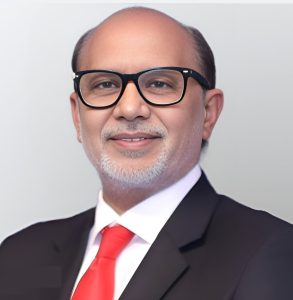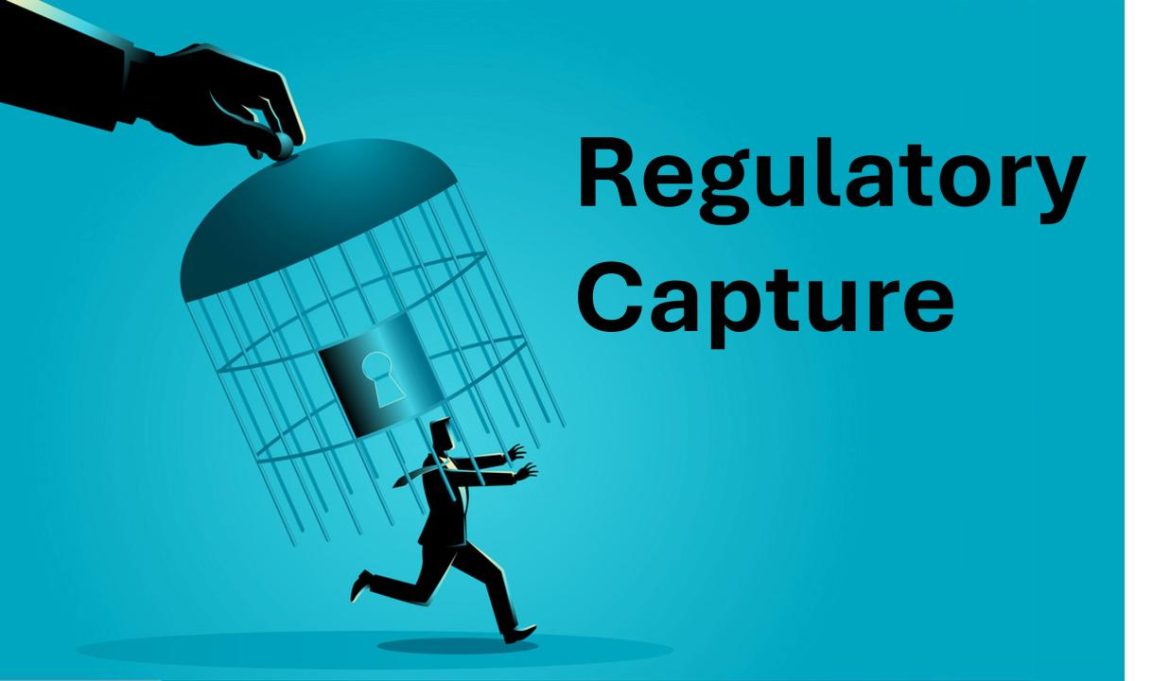
Muhammad Arif
Apropos to the article titled “NEPRA’s Forensic Audit Exposes Collapse and Corruption In Pakistan’s Power Sector”, published in the Friday Times on 25th October 2025. This scribe would like to augment the argument.
The tragedy of Pakistan’s energy sector is not technological, financial, or even structural. It is moral. Two institutions—NEPRA and OGRA—created to ensure transparency, consumer protection, and market discipline, have become the very embodiment of what they were meant to prevent regulatory capture. Their alliance with the industries they regulate is now so entrenched, so symbiotic, that reform is no longer possible from within. The capture is unbreakable—unless they themselves are broken.
For nearly three decades, NEPRA has presided over a power sector that drains national wealth more than any other industry, while darkening households. Instead of policing inefficiency, it has institutionalized it. Its recent decision to outsource a “forensic audit” of Independent Power Producers is not reform—it is a confession of institutional bankruptcy. All the data necessary for such an audit already sits within NEPRA’s archives. Yet after years of criminal silence and/or inaction, the regulator suddenly discovered that it lacks the technical capacity to perform the duties for which it was created. Outsourcing, in this case, is not transparency—it is evasion.
This deliberate abdication is why Pakistan’s circular debt now exceeds three trillion rupees. Both OGRA and NEPRA’s files are full of blank data columns marked “Not Available,” each one a monument to willful blindness. It has approved tariff formulas and capacity payments that no independent auditor could justify. Its hearings have become public rituals designed to sanctify private bargains. And its senior posts, once intended for sector experts, are now occupied by retired bureaucrats whose loyalty lies with political patrons, not the public.
Nowhere is this decay more visible than in NEPRA’s failure to enforce its own binding order against Bahria Town (Pvt) Limited, which has overcharged residents by nearly Rs.12 per unit for years. Despite a clear directive, NEPRA has failed to compel compliance for over four years. The case remains buried under correspondence and bureaucratic indifference, while consumers continue to pay unlawful tariffs. Besides it decision to hand over transmission and distribution of electricity within Bahria Towns to IESCO is also hanging in balance. A regulator that cannot implement its own orders against a housing developer cannot claim moral or institutional authority to regulate billion-rupee power producers.
This selective paralysis is no accident—it is a strategy. Regulatory capture thrives not through bold corruption but through quiet omission and carefully designed regulations and frameworks to accord undue benefits to the intended recipients under the garb of such engineered regulations and procedures. Every unchallenged violation, every delayed enforcement, every “noted for future review” memo is an act of complicity. The damage is cumulative. It distorts market prices, breeds public resentment, and corrodes faith in the rule of law.
The gas and petroleum sectors tell an identical story. OGRA, established in 2002 to promote fair competition and open access, has instead become the custodian of monopolies. Its failure to enforce third-party access to pipelines, to curb unaccounted-for-gas losses, or to scrutinize inflated project costs has turned it into a facilitator of corporate greed. Its Board has become a retirement club for politically connected bureaucrats and compliant technocrats. The enabling support given to solitary private sector entity Universal Gas Distribution Company (UGDC) and deliberate defiance of the grant of licenses and capacities to others is too obvious an example of tight regulatory capture that OGRA continues to exert at the cost of gas market liberation.
Grant of permission or turning blind eye on sui companies to charge RLNG prices from the new consumers in total diregard of the intended discrimination within the neighboring domestic consumers, that is being created against the spirit of OGRA Ordinance, tantamount to worse form of regulatory failure to say the least.
The regulator’s another most egregious act came recently when it retrospectively revised RLNG prices for the past six to seven years—an unprecedented move that terrorized consumers with billions in backdated liabilities otherwise not due as the final revenue requirements of previous years already stood notified. Instead of investigating inefficiencies or misreporting by utilities, OGRA imposed the cost on the public, rewriting history to conceal its own negligence. Such retroactive regulation defies every principle of fairness, legal certainty, and due process. It is the very definition of abuse of authority.
Both regulators are not victims of a broken system—they are the system. Appointments are political favours. Hearings are formalities. Enforcement is negotiable. Together, they form a duopoly of dysfunction that has made Pakistan’s energy tariffs among the highest in South Asia, not because of international fuel prices but because of domestic corruption. Every consumer bill now carries an invisible tax: the price of regulatory capture and cost of regulatory fees without getting any value added service from the regulators.
This is not mismanagement—it is economic sabotage. When regulators fail to regulate, they enable plunder under the protection of law. The consequences are national and far reaching: industries shut down, inflation rises, fiscal space evaporates, and social resentment grows. The same circular debt that paralyzes power generation also undermines the credibility of the state. What began as bureaucratic convenience has become a full-blown threat to Pakistan’s economic sovereignty.
Accountability cannot begin with another committee or audit; it must begin with truth. NEPRA and OGRA are not malfunctioning institutions—they are regulatory institutions tightly captured by the bureaucracy, politicians and elite. Their capture is systemic, cultural, and deliberate. Reform cannot be incremental. It must be reconstructive.
Pakistan needs to dismantle both regulators and rebuild them on three uncompromising foundations: integrity, transparency, public oversight with consumers’ interests being central point of all regulatory functions and actions. Officials who presided over past collusion must face prosecution and stern criminal actions. Anything less will perpetuate the illusion of reform while preserving the machinery of corruption.
The energy crisis Pakistan faces is not a crisis of supply but of conscience. Regulators have become collaborators; oversight has become theatre; governance has become ransom. A state cannot remain sovereign when its regulators serve cartels instead of citizens.
The capture of NEPRA and OGRA is unbreakable only if Pakistan continues to tolerate it. Institutions that were meant to enforce accountability have themselves become the accused. The only path to national recovery is to confront this truth and act upon it. If these regulators cannot be reformed, they must be replaced. If they cannot be cleansed, they must be broken. A country that fears breaking its failed institutions will never break free from its failures.
The Writer is former Member (Gas) of OGRA, petroleum lawyer, governance advocate, and consumer rights activist; [email protected]| 0333 5191381
(Opinions expressed in this article are the author’s own and do not necessarily reflect WNAM’s editorial policy)


